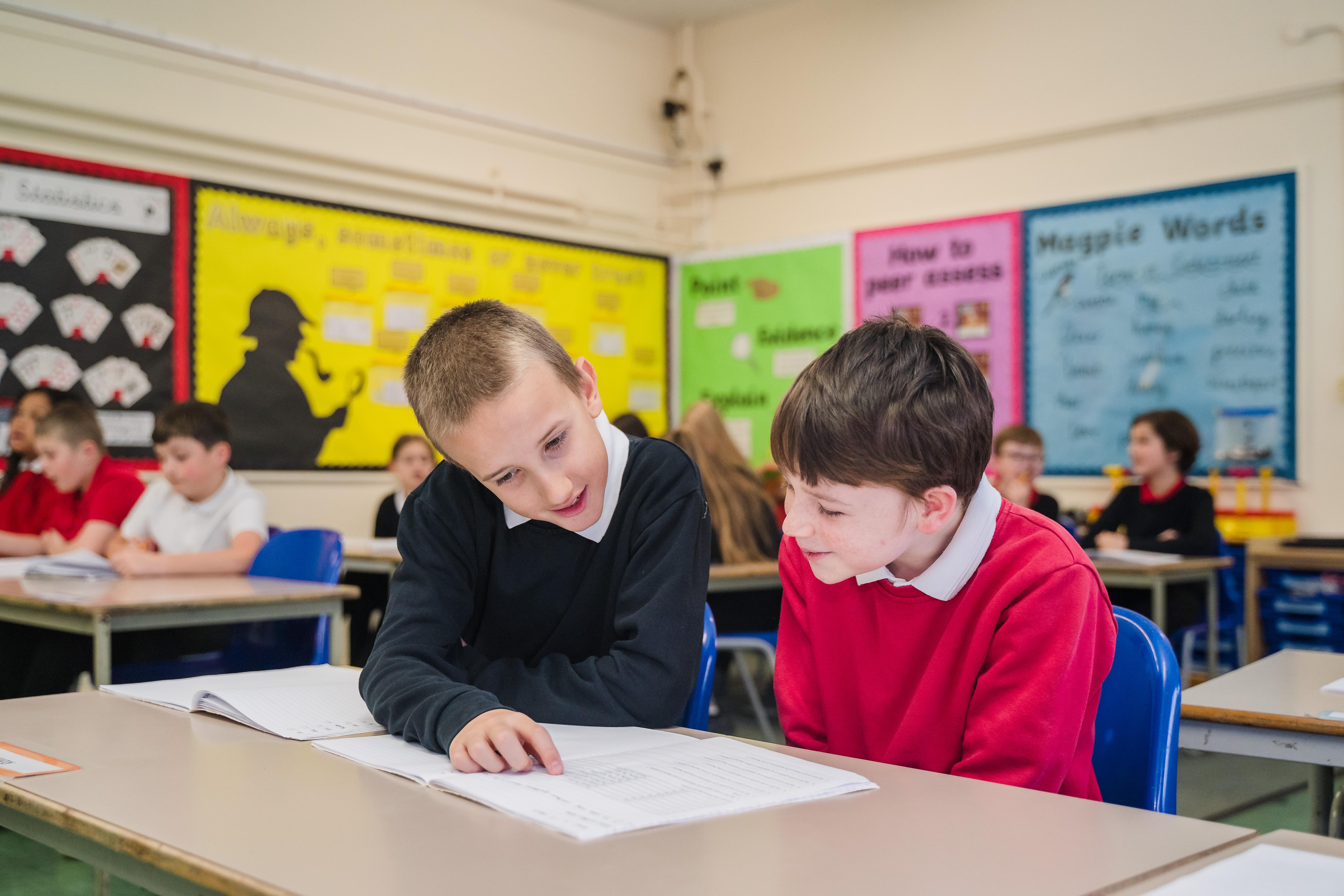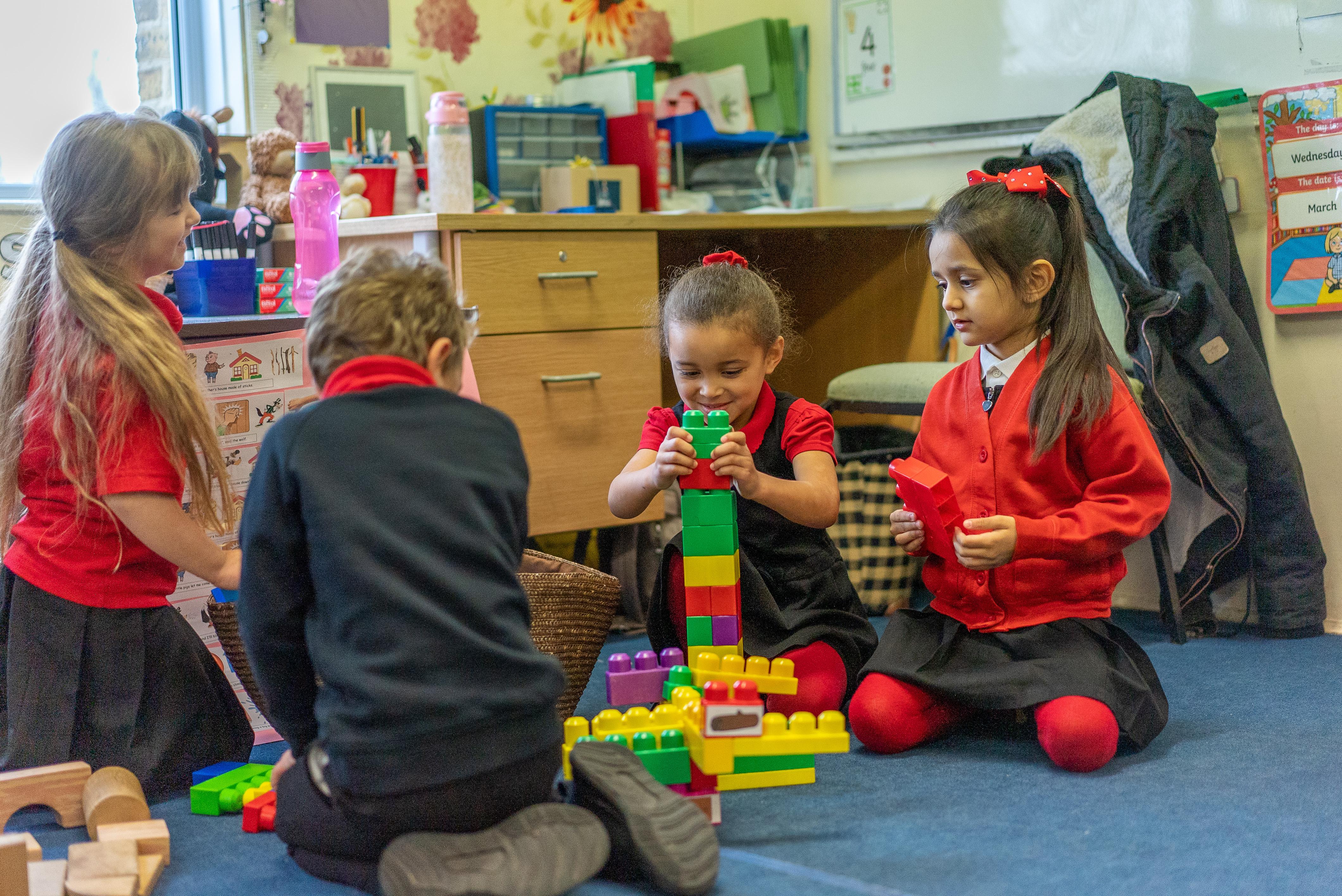
7 minute read
Early Years’ Foundation Stage
THE EARLY YEARS’ FOUNDATION STAGE
Children in the Nursery and Reception work within the Early Years Foundation Stage. The children participate in activities and programmes relating to three prime areas of learning and development. These are:
Advertisement
• Communication and language; • Physical development; • Personal and social development.
Further to this, we aim to fully support children in four specific areas through which the prime areas are strengthened and applied. The specific areas are:
• Literacy; • Mathematics; • Understanding the world; • Expressive arts and design.
Children in the EYFS learn by playing and exploring, being active and through creative and critical thinking which takes place both indoors and outside. The EYFS curriculum is grounded in active learning. Through practical activities, purposeful play and talk, pupils develop an understanding of the world and the basic concepts they will need for their later learning. Parents and carers can play a major role in fostering their child's positive attitudes to learning, developing language skills and promoting good behaviour.
SUBJECT OVERVIEWS

MATHEMATICS
Mathematics is taught using the programme of study in the National Curriculum. We aim to meet the requirements of this to ensure that all our pupils: • become fluent in the fundamentals of mathematics, including through varied and frequent practice with increasingly complex problems over time;
• reason mathematically by following a line of enquiry and developing an argument, justification or proof using mathematical language; • can solve problems by applying their mathematics to a variety of routine and non-routine problems, including breaking down problems into a series of simpler steps and persevering in seeking solutions. ENGLISH
English is taught in a structured manner in which all children receive a daily lesson of intensive English teaching. Reading is taught carefully and systematically to all children in order that they develop the skills they will need to read with fluency and understanding. We utilise the 'Letters and Sounds' phonics approach and this is taught systematically from Nursery until the end of Year 2. Support programmes exist to help older children too if their phonics skills need developing.
The Oxford Reading Tree is our main reading scheme, although we use a book banding system which utilises a wide range of reading materials.
A clear legible style of handwriting is taught with children beginning to join letters in Key Stage 1 as appropriate. A great deal of children's writing develops from other subjects and takes account of the various purposes for which writing is used, for example, descriptive, communicative and scientific.
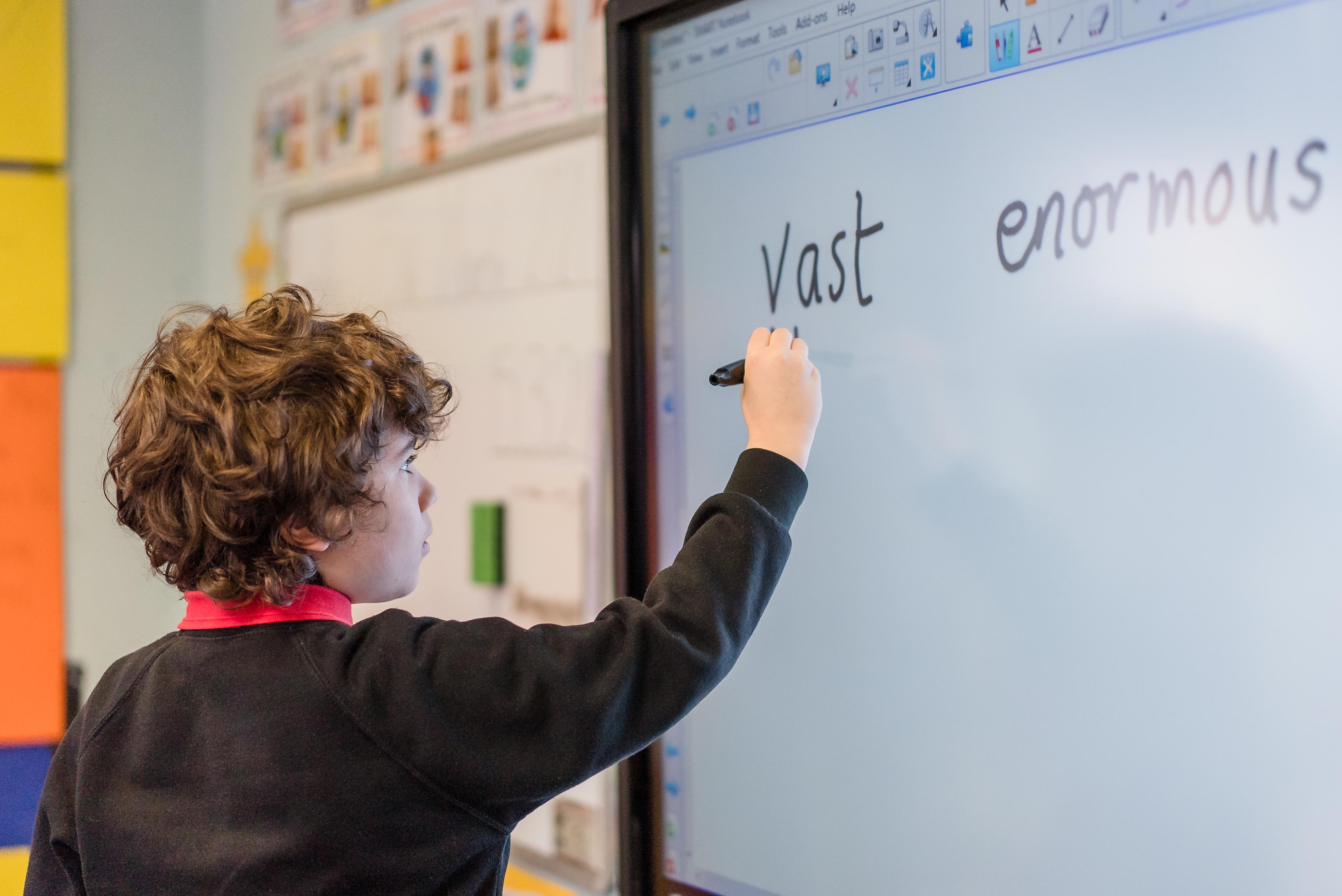
HOME READING
A tremendous contribution can be made to children's learning by parents reading aloud to children, showing them books and taking them to libraries. Most importantly, parents should be involved in assisting with the process of 'learning to read'. With this in mind, the school operates a system of Home/School Reading records to which all parents are invited to contribute. All children should have a book bag which can be purchased through the office.
SCIENCE
Children begin to investigate the world around them from the earliest age. In doing so they are creating their own route into the exploration of science. In school, children are encouraged to develop their scientific knowledge and understanding building on their natural curiosity. Science at Hereward is taught in halftermly units of work which are linked with other subjects wherever possible, including elements of health education.
The pupils will be involved in practical investigative science activities throughout their school career. In order to foster a scientific mind, children will develop the following skills:
• To ask questions, predict and hypothesise; • To make a range of observations and take measurements; • To interpret results and evaluate scientific evidence.

COMPUTING
As computing has become a fundamental part of our society, we feel it is vital that the children are given every opportunity to participate in activities using different forms of technology. At Hereward, the children are introduced to computers in the Nursery and continue to make regular use of them as they progress throughout the school, either in class or in our computer suite. They will learn skills involved in word processing, inserting graphics, data manipulation, coding and multi-media internet use, as well as developing mouse and keyboard skills. IPads are also used by the children and the use of these is linked with other learning skills, such as writing. All our classrooms have interactive SMART Televisions or interactive whiteboards.
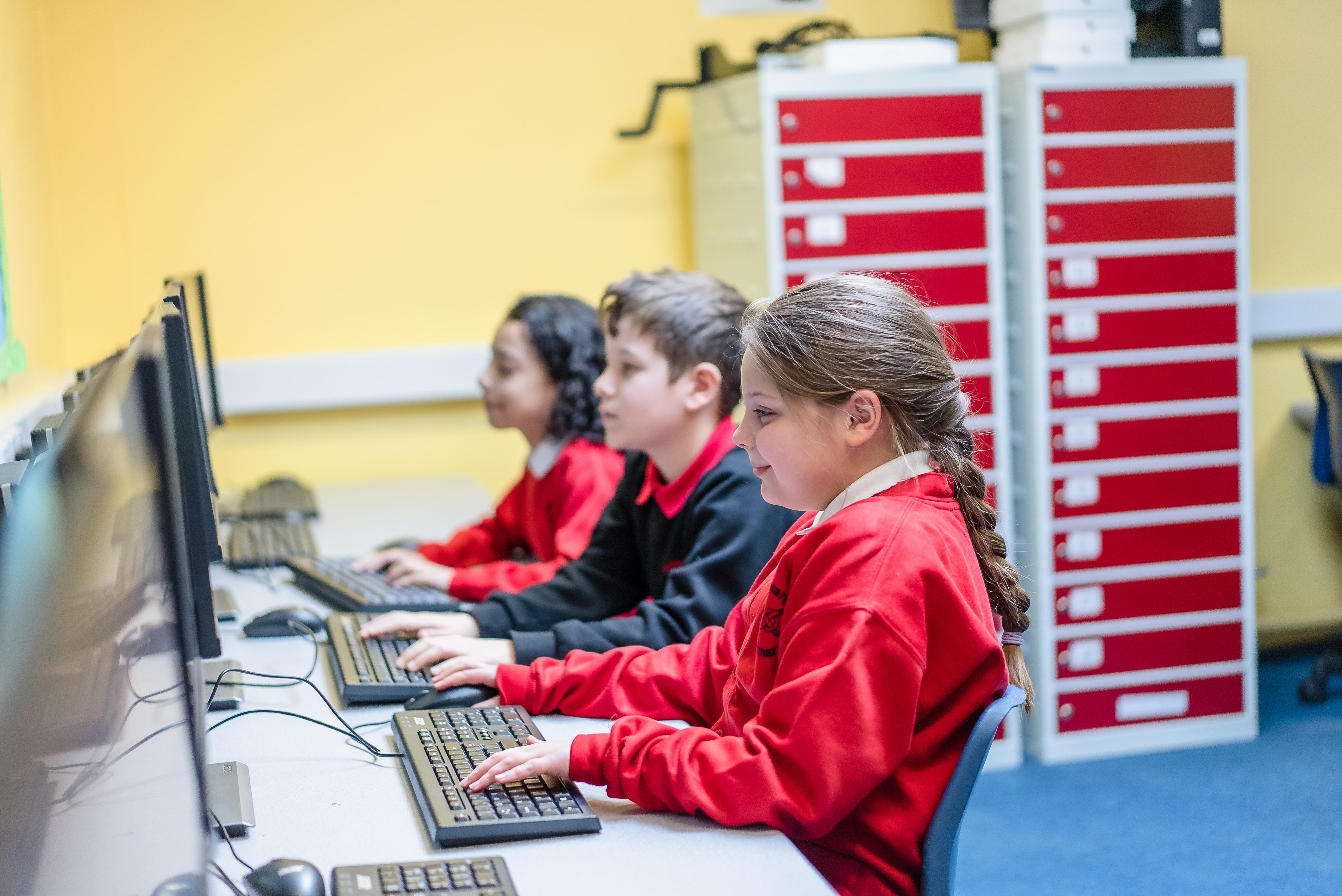
HISTORY AND GEOGRAPHY
The children are involved in the study of History and Geography units of work each term. Trips to museums and areas of natural interest help to promote this understanding, as well as special days organised in school where children get to experience what life was like in the past.

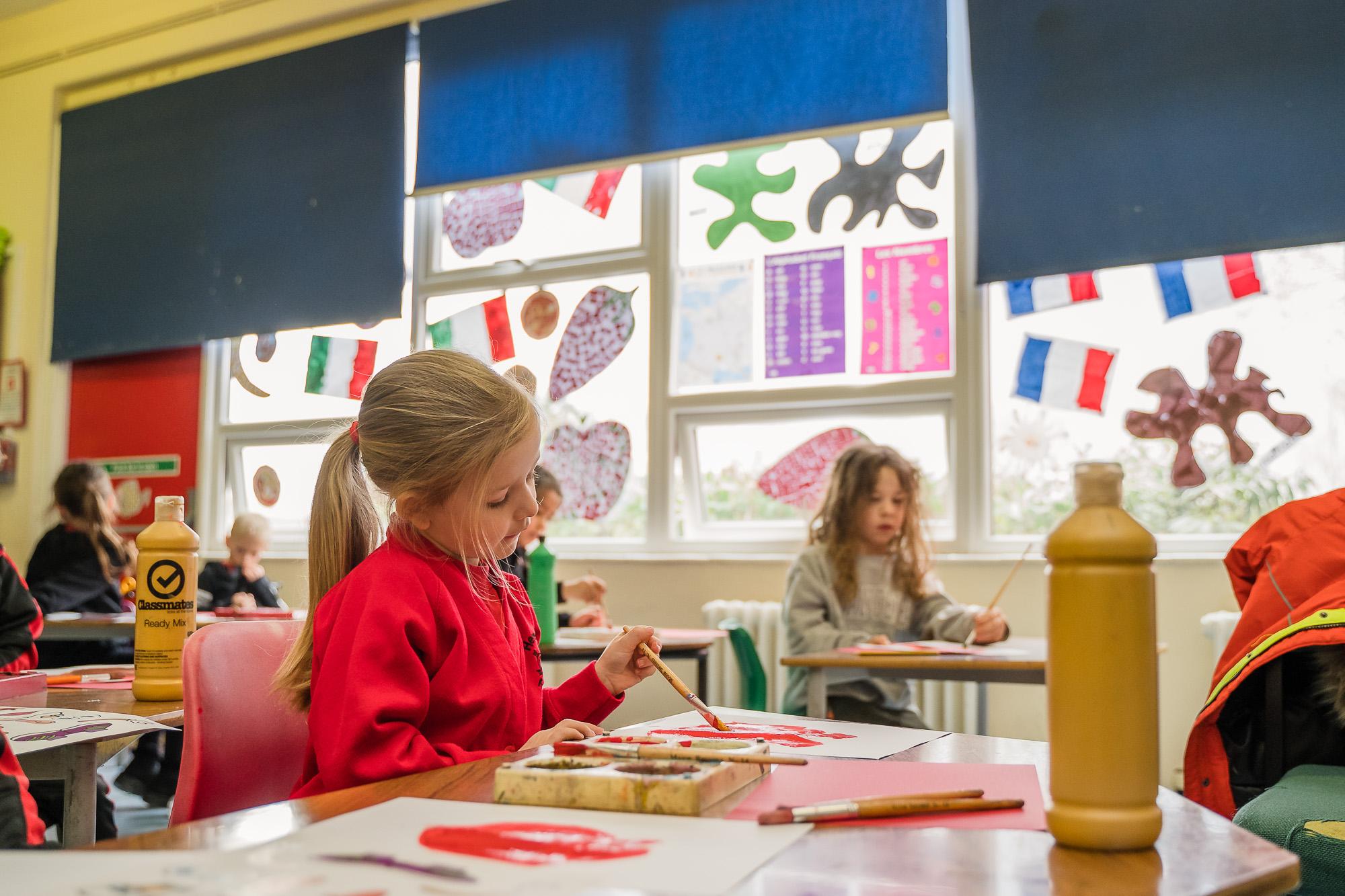
ART & DESIGN
Art is an exciting area of education that allows children to express themselves and develop their creative ability, exploring ideas in colour, texture and pattern. The children have the opportunity of working with different media including clay, paint, wood and paper mache. They learn different techniques involving painting with different techniques, model making, fabric work, collage, three dimensional work, rubbings, pastels, clay and printing.
Art is often cross-curricula in nature and the varied work presented by the children expresses their personal style and ideas.
DESIGN & TECHNOLOGY
In Design & Technology, the children have the opportunity to plan, design and make different products. They are taught to evaluate and critique and test their ideas and those of others. They also learn about cooking and nutrition and what constitutes a healthy and varied diet.
From an early age, children will learn to use small hand tools and work with a variety of materials, as well as building models with commercially produced construction kits.
MUSIC
Children have the opportunity to listen to a wide range of music from a variety of cultures and from different periods. The children participate in singing in class music sessions and as a whole school during assembly. Additionally, they will have the opportunity to use different musical instruments and to create short compositions, including the use of digital software. At Christmas time (or at the end of the year), children throughout the school participate in concerts / assemblies which are performed to parents, carers and sometimes other family members.
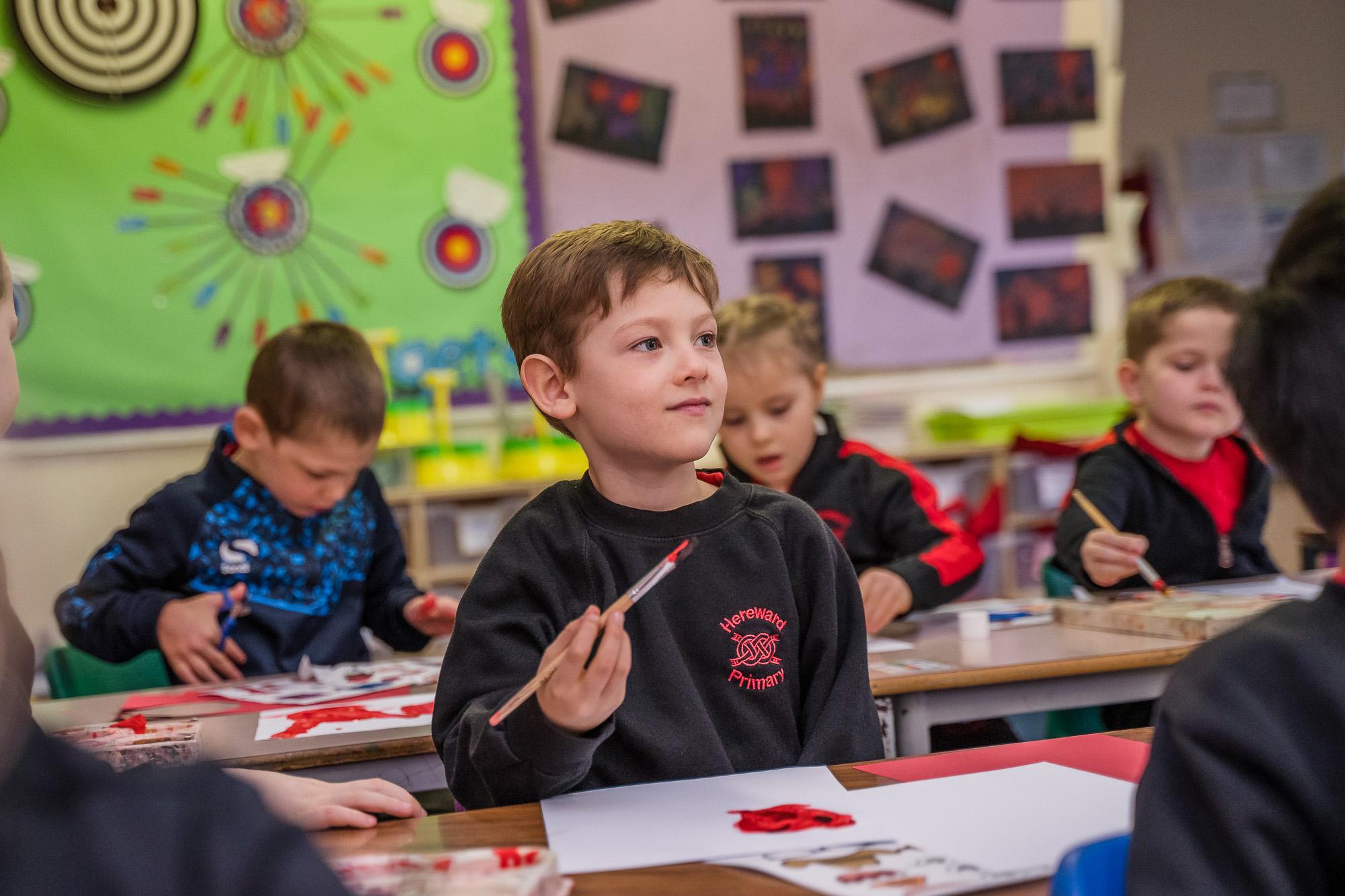
RELIGIOUS EDUCATION
In our school community, each individual, adult and child is valued, but it is also recognised that a common code of behaviour needs to exist to achieve harmony in school. Pupils are encouraged to foster an understanding of the Christian beliefs and customs and also the range of beliefs and customs that exist locally and across the world. Parents have the right to withdraw their child from Religious Education and collective worship if they wish under the terms of the Education Reform Act 1988.
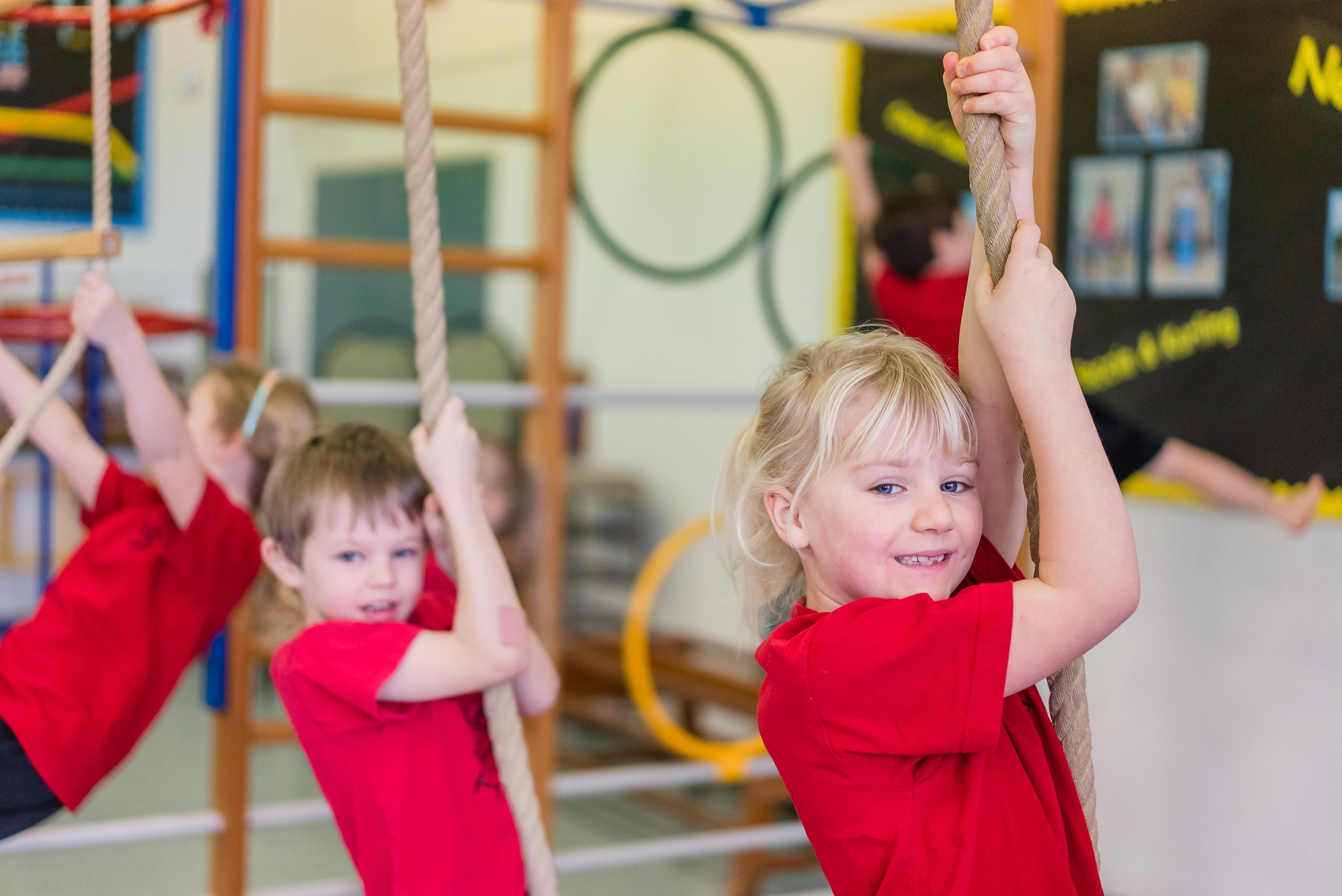
PHYSICAL EDUCATION
Physical Education is taught by the school's PE co-ordinator from Years 1-6 and class teachers in the Early Years' Foundation Stage. Children participate in games activities which involve the practising of specific skills such as catching, throwing and the use of various types of equipment. Gymnastics is taught using mats and large and small apparatus which develop skills of balance, coordination and strength. Dance enhances the aesthetics of movement whilst athletics and swimming at Key Stage 2 further provide varying PE opportunities.
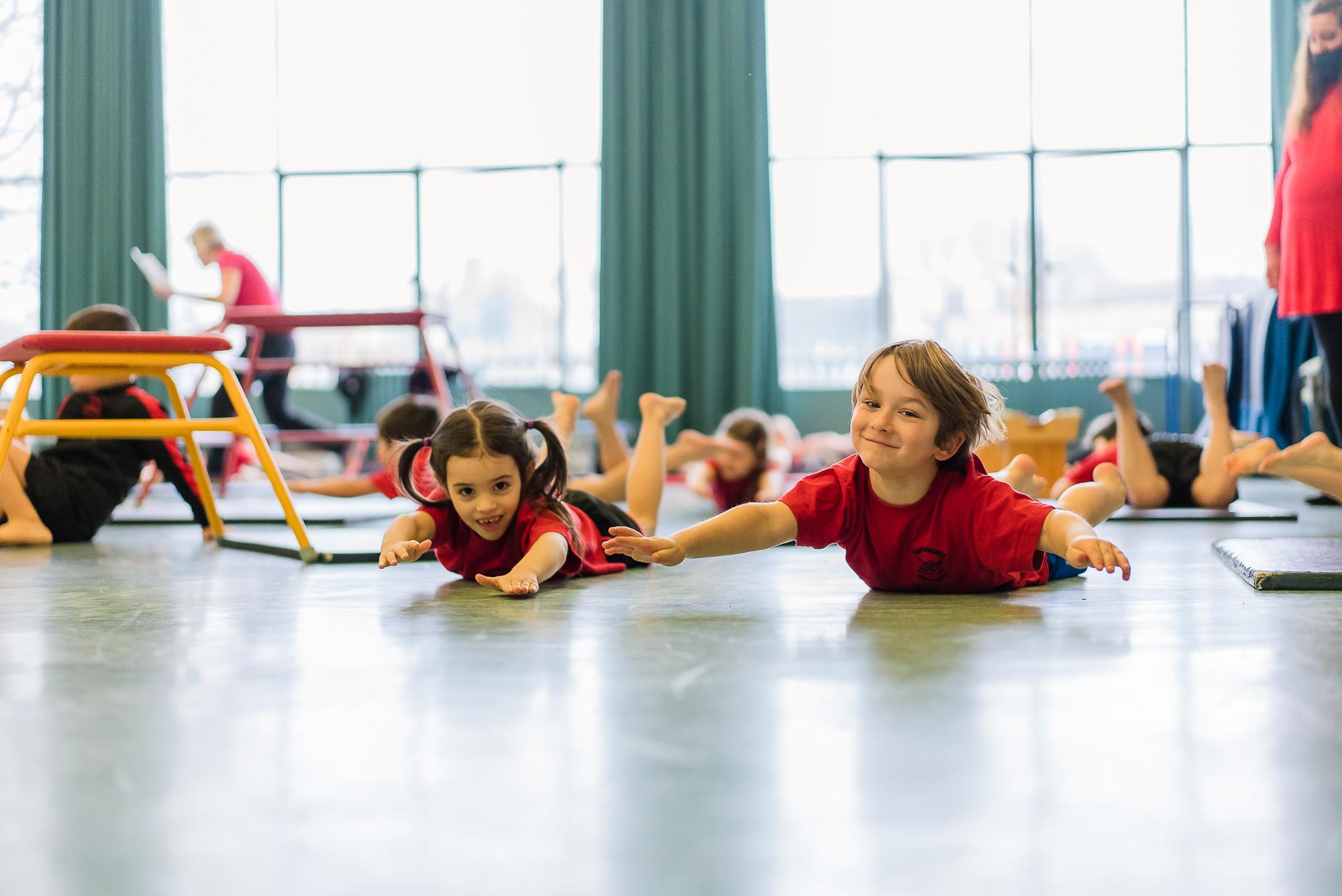
SPORT
Hereward has a long tradition in participating in competitive sport and is fully involved in Football and Netball Leagues during the winter. Other sporting events we participate in against other schools include athletics (track, field, cross-country running), swimming, cricket, tag rugby and triathlon.
PERSONAL, SOCIAL, HEALTH EDUCATION (PSHE) AND CITIZENSHIP
Classes use circle time to explore important issues such as friendship, self-confidence and peer pressure. They explore strategies for dealing with issues which may impact on their personal, social and health wellbeing such as bullying. Citizenship activities are also conducted as part of special enrichment days held across the whole school. Such activities are designed to promote discussion about what enables us to become good citizens.
In particular, teaching children how to stay safe online and to develop positive esafety strategies is an important part of our PSHE programme. We actively promote ways in which children learn how to stay safe online including discussion and activities related to gaming, social media and the use of smartphones and tablets.
SEX EDUCATION AND RELATIONSHIPS
Children within Hereward follow the Jigsaw scheme of work from Year 1 onwards. Topics such as Relationships and Health Education are introduced, preparing children to keep safe in the modern world. Honest answers are given at a level suitable for a child to understand.
Parents have the right to withdraw their children from some parts of the programme if they wish after consultation with the Headteacher.
